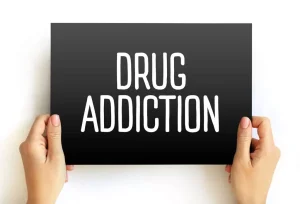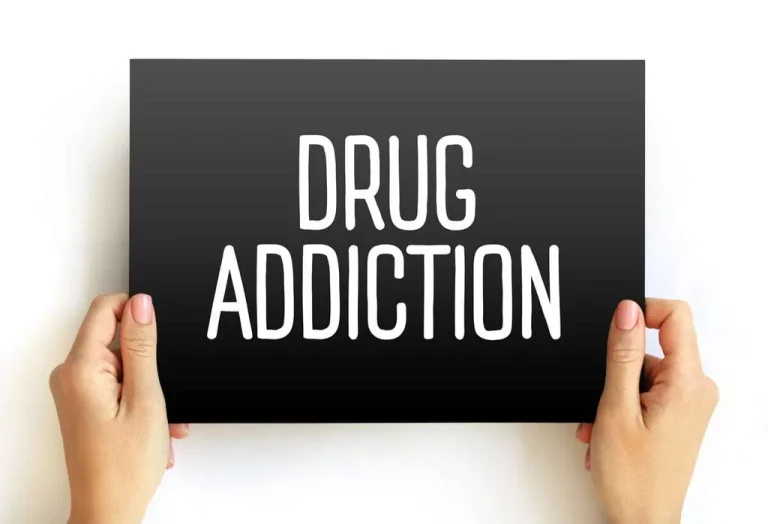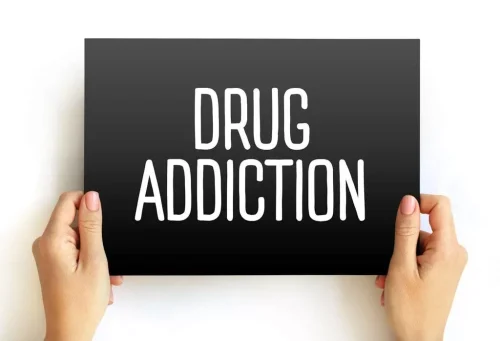
As seen throughout this exploration, the involvement of family extends beyond mere presence—it intertwines with the emotional, psychological, and practical aspects crucial for https://ecosoberhouse.com/article/5-ways-alcohol-can-kill-you-end-stage-alcoholism-death/ preventing relapse. By fostering open communication, promoting emotional resilience, and setting practical boundaries, families can create a nurturing environment conducive to healing. Addressing the challenges that accompany supporting a loved one with addiction and understanding the dynamics of effective family involvement can empower families to significantly enhance recovery outcomes. In a landscape where relapse is so prevalent, the role of the family is not just supportive but transformative, fueling the motivation and stability needed for long-term sobriety. Active family involvement in addiction recovery is essential and encompasses several key elements that can significantly influence the success of the recovery process.
- Therefore, recognizing these roles and actively working towards healthier dynamics with family support in addiction recovery is crucial.
- While caregiving is well-intentioned, it can sometimes become overwhelming or lead to resentment.
- While the path is fraught with challenges, the benefits of robust family involvement are undeniable.
- However, as mentioned earlier, families also play a crucial role in supporting the addicted member on their journey to recovery.
- Such a supportive atmosphere is crucial for recovery, allowing family members to openly discuss their feelings and experiences related to addiction.
How can families educate themselves about addiction and recovery?
- As families engage in this transformative communication process, they will discover that recovery extends beyond the individual.
- We use proven therapeutic techniques in both group and individual sessions to support your mental, physical, and spiritual recovery.
- Utilizing coping mechanisms and addressing risk factors related to substance use disorder can improve treatment engagement.
Communication is foundational during this time, requiring openness, honesty, and sometimes professional guidance to mediate and facilitate healthy interactions. Spouses, children, and other loved ones are often the unintended victims of a person’s addiction and can fall into certain family roles of addiction. Here you’ll learn why addiction is often called a family disease and how you can support your loved one in their recovery. Addiction often affects not just the individual but their entire family, making it essential to understand how to work together effectively. Let’s take a closer look into the importance of family roles in addiction recovery, exploring how communication, boundaries, and support systems can make a lasting difference.
Building a Supportive Recovery Environment

By learning coping strategies and communication techniques, they develop the tools to foster a supportive home environment conducive to sustained sobriety. This holistic approach empowers families to become active partners in their loved one’s recovery, fostering stronger connections and rebuilding trust. Comprehensive treatment programs at centers like Evoke Wellness incorporate family integration therapy. This approach strengthens relationships, improves communication, and fosters a supportive recovery environment by addressing underlying family issues that may contribute to substance abuse.
- At 2-year follow-up, they compared family functioning for men who were in recovery to men who had relapsed.
- Emotional backing from family members can enhance motivation, help maintain sobriety, and provide a sense of belonging that counteracts feelings of isolation often faced by those in recovery.
- These programs equip family members with knowledge about the nature of substance abuse, the recovery process, and the importance of empathy and patience.
- The Children’s Program at Hazelden Betty Ford educates and supports kids who grow up with addiction in their home.
- This approach not only emphasizes the importance of professional care but also encourages a holistic view of recovery that values emotional and physical health.
The Healing Power of Connection
Family dynamics play a significant role in influencing individuals with substance use disorders. Research indicates that individuals with strong family support are significantly more likely to remain sober and resist relapse. Creating a nurturing environment where family members communicate effectively fosters resilience, ultimately leading to better recovery outcomes. Moreover, family therapy is a significant component of the treatment process that facilitates healing and Sobriety rebuilding trust among family members.

Transitioning to healthy roles
- Research shows that people with substance use disorders have better recovery outcomes when their family members, whether biological or chosen, provide positive support.
- Cognitive Behavioral Therapy (CBT) is another effective strategy that can help families by addressing negative thought patterns and behaviors related to addiction.
- Thus, the research literature to date does not provide guidance to clinicians about selecting a treatment from among those with empirical support.
- It’s this combination of encouragement and unwavering support that fuels the individual’s resilience and motivation to persevere.
- Our New Online Parent Support Groups provide a safe space where parents can discuss practical strategies, find support and share resources and information that worked for them.
- In the Problem Identification phase, youth are identified as having serious SU and/or SU-related problems that warrant consideration for treatment.
The Pew Research Center offers tools for finding and evaluating local support options, and Family Program initiatives provide additional avenues for support. By sharing experiences and learning from others, families can gain valuable insights and practical advice. Virtual support groups and online resources family support in addiction recovery provide additional avenues for support and information. Technology platforms and digital technologies are increasingly utilized to connect families and provide support. Family Program initiatives and Family Psychology approaches also offer valuable frameworks for engagement.
Understanding Dual Diagnosis: Treating Addiction and Mental Health Disorders Together

By connecting with others who understand their situation, family members can feel less alone and better equipped to navigate the complexities of addiction within the family unit. Research shows that people with strong family support are more likely to remain in treatment, stop misusing substances, and maintain sobriety. Family therapy sessions typically last about an hour and can vary based on the family’s unique needs. These sessions might focus on discussing feelings and concerns, learning effective communication techniques, and improving listening skills to reduce misunderstandings (O’Farrell & Fals-Stewart, 2000).

Key Elements of Family Involvement
One study of access to general couple therapy was conducted among couples living in neighborhoods with at least 30% of households below the poverty threshold. Studies investigating effective methods to increase access to low-cost treatment options—including those with technological adaptations to increase treatment availability—are warranted. Leveraging existing study data and using qualitative data collection techniques to identify barriers and methods to overcoming barriers are also needed. When they assume these healthy roles, family members actively contribute to the individual’s recovery process and create an environment that fosters healing and growth.





